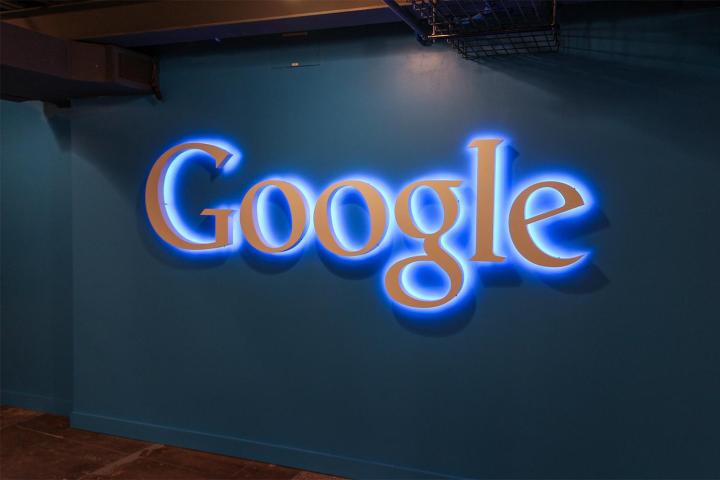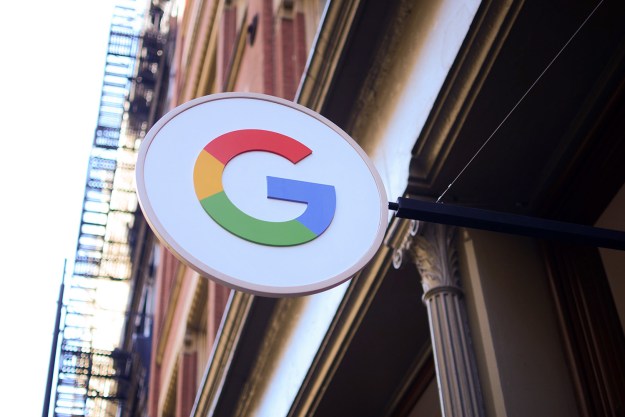
Regulators allege the company violated antitrust laws when it boosted the rankings of its Shopping service “irrespective of its merits,” as their statement read. “The commission is concerned that users do not necessarily see the most relevant results in response to queries — to the detriment of consumers and rival comparison shopping services, as well as stifling innovation.”
According to some analytics companies, more than 90 percent of searches in Europe are started on Google. The next nearest competitor, Bing, accounts for 2.67 percent.
“Dominance as such is not a problem,” the European Union’s antitrust chief, Margrethe Vestager, said at a press conference. “However, dominant companies have a responsibility not to abuse their market position either in the market where they are dominant or in neighboring markets,” she said. “This is about consumers getting the best possible results of their query.”
Google is getting a three-week extension this time, meaning it will have until November 7 to file a response to the charges. Another extension later down the road is possible, because Google is also facing two other antitrust charges from the commission.
“Google asked for additional time to review the documents in the case file, a Commission spokesperson told Reuters. “In line with normal practice, the commission analyzed the reasons for the request and granted an extension allowing Google to fully exercise its rights of defense.”
The other two cases revolve around Android and online search advertising. The Commission claims Google uses Android’s dominant position to promote its services, and it also alleges that the company blocks competitors in search advertising. Google has to file a response to both those cases by the end of October.
The EU’s action follows failed negotiations between Google and the EU in September 2015. Former antitrust commissioner Joaquín Almunia, initially supportive of a settlement, was forced to reverse course after facing vocal opposition from consumer groups, European press publishers, Microsoft, and colleagues.
The European Commission is no stranger to antitrust suits of this magnitude. It concluded a 10-year battle with Microsoft in 2004, which culminated in a $1.7 billion settlement. Separately, chipmaker Intel was ordered to pay $1.4 billion.
European agencies aren’t the only ones who consider some of Google’s practices illegal. Documents inadvertently released earlier this year revealed that the U.S. Federal Trade Commission (FTC) once considered suing Google over anticompetitive conduct. The FTC began an investigation in 2012 into the way Google ranked and displayed search results, finding that the search giant took information from rival websites to improve its own content and placed illegal restrictions on third-party websites and advertisers. Some staff recommended bringing a lawsuit, but conflicting recommendations within the agency ultimately led it to scrap those plans.
Responding to the EU’s accusations in a blog post, vice president of Google Search Amit Singhal said, “While Google may be the most used search engine, people can now find and access information in numerous ways — and allegations of harm, for consumers and competitors, have proved to be wide of the mark.”
Editors' Recommendations
- ‘Exploring fitness’ won’t get Google TV anywhere near Apple Fitness+
- Should you buy the Google Pixel 6 or get an older model instead?
- Google Maps is getting improved Live View navigation, more detailed map data
- Samsung Galaxy S21 vs. Google Pixel 5: Which should you get?
- Skip the Google Pixel 5 — the Pixel 4a 5G is the phone to get


